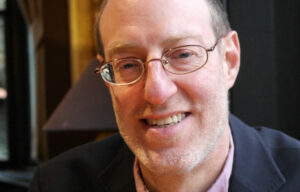Putting Federalism in Its Place: The Territorial Politics of Social Policy Revisited
Description
What does federalism do to welfare states? This question arises in scholarly debates about policy design as well as in discussions about the right political institutions for a country. It has frustrated many, with federalism seeming to matter in all sorts of combinations with all sorts of issues, from nationalism to racism to intergovernmental competition. The diffuse federalism literature has not come to compelling answers for very basic questions.
Scott L. Greer, Daniel Béland, André Lecours, and Kenneth A. Dubin argue for a new approach—one methodologically focused on configurations of variables within cases rather than a fruitless attempt to isolate “the” effect of federalism; and one that is substantively engaged with identifying key elements in configurations as well as with when and how their interactions matter. Born out of their work on a multi-year, eleven-country project (published as Federalism and Social Policy: Patterns of Redistribution in Eleven Countries, University of Michigan Press, 2019), this book comprises a methodological and substantive agenda. Methodologically, the authors shift to studies that embraced and understood the complexity within which federal political institutions operate. Substantively, they make an argument for the importance of plurinationalism, changing economic interests, and institutional legacies.

Kenneth Dubin has been an adjunct professor of Strategy and Human Resources at IE Business School since 2005. He previously held full-time academic posts in employment and labor law and human resource management at, respectively, the Universidad Carlos III de Madrid and Anglia Ruskin University (Cambridge, UK).
His research is focused on the political economy of Southern Europe, and Spain in particular, with a particular interest in the politics of labor markets and the welfare state in particular.
He received his BA with High Honors and High Distinction from Wesleyan University (Connecticut, USA) and his Masters and Ph.D. in Political Science from the University of California, Berkeley.


